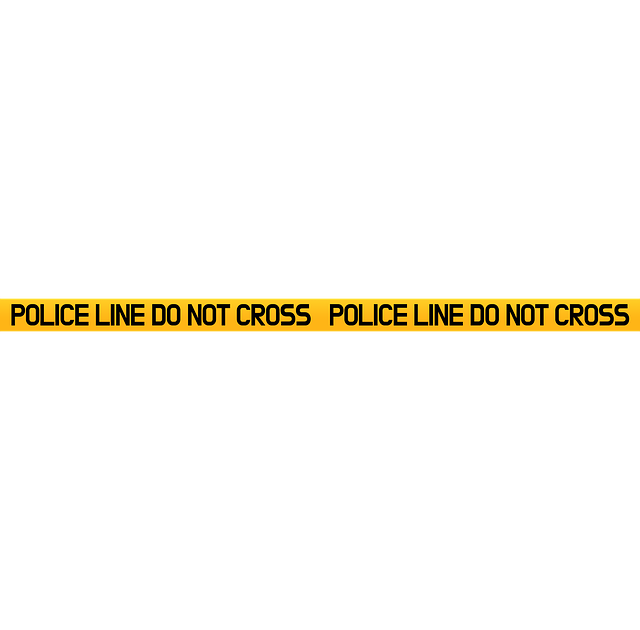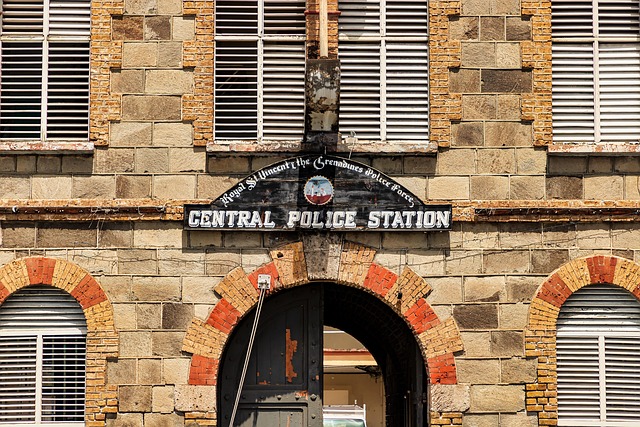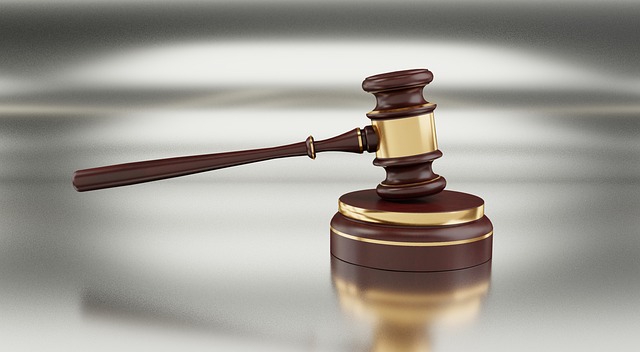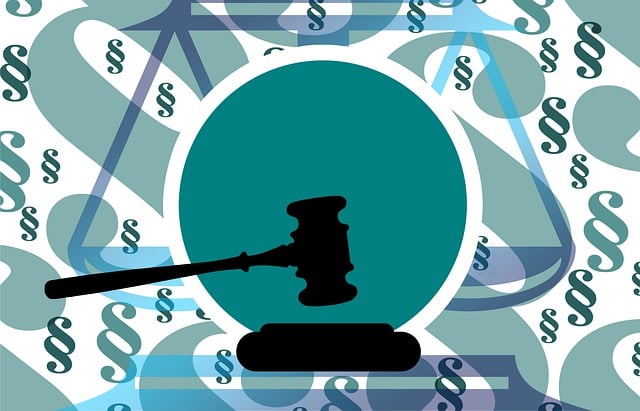Antitrust violation cases aim to penalize businesses using unfair practices to stifle competition and drive up prices, with legal strategies focusing on market power and anti-competitive conduct. Legal Grounds for Jury Selection Objections are critical in these trials, as they ensure a fair jury by scrutinizing potential biases among jurors. High-profile cases like Microsoft and Google's have significantly shaped antitrust law through meticulous legal strategies, resulting in substantial fines and structural changes to prevent future anti-competitive behaviors. The outcome of these objections can sway trial results, emphasizing the need for both corporate clients and communities to have an impartial jury pool with a deep understanding of antitrust law.
“Antitrust violation cases pose complex legal challenges, scrutinizing business practices that restrict competition. This article delves into the intricate world of antitrust law, offering a comprehensive guide to understanding key definitions and acts governing these cases. We explore the legal framework targeting companies suspected of violations, emphasizing the critical role of jury selection and the associated challenges. Furthermore, we delve into grounds for objections during jury selection, ensuring fairness, and present notable case studies, shedding light on the outcomes of significant antitrust trials.”
- Understanding Antitrust Violation Cases: Key Definitions and Act
- Legal Framework: When and How Are Companies Targeted?
- Jury Selection in Antitrust Litigation: Challenges and Rights
- Grounds for Objections: Ensuring a Fair and Impartial Jury
- Case Studies: Notable Antitrust Violation Trials and Outcomes
Understanding Antitrust Violation Cases: Key Definitions and Act

Antitrust violation cases are legal battles centered around preventing businesses from engaging in practices that restrict competition or raise prices through unfair means. The key definitions within this framework involve understanding market power, where a company controls significant portions of a specific market, and anti-competitive conduct, such as price-fixing, market division, or monopolization. These actions not only harm consumers but also distort free market principles.
The Antitrust Act, enacted to safeguard fair competition, outlines legal grounds for jury selection objections. When faced with potential charges, the goal often shifts towards achieving a complete dismissal of all charges. White-collar defense strategies may include challenging the admissibility of evidence or avoiding indictment by demonstrating that actions were not malicious but rather part of normal business operations. Legal experts play a crucial role in navigating these complex cases, ensuring clients’ rights are protected throughout the process.
Legal Framework: When and How Are Companies Targeted?

The legal framework surrounding antitrust violations is designed to protect competitive markets and ensure fair play among businesses. Authorities like the Federal Trade Commission (FTC) or Department of Justice (DOJ) in the U.S. investigate companies for anti-competitive practices such as price-fixing, market division, or abuse of dominant market positions. These investigations often lead to legal actions, including civil lawsuits or criminal prosecutions.
Legal grounds for jury selection objections play a crucial role in antitrust cases, especially when determining damages and liability. Prosecutors and defendants alike may challenge potential jurors based on their affiliations, prior knowledge, or biases, particularly those related to the specific industry or Philanthropic and political communities. The goal is to ensure an impartial jury that can make fair decisions based solely on the evidence presented during trial, ultimately leading to either a complete dismissal of all charges or a verdict that reflects the severity of the antitrust violation.
Jury Selection in Antitrust Litigation: Challenges and Rights

Jury selection in antitrust litigation is a complex process that balances the need for an impartial jury with the unique challenges posed by these cases. Antitrust lawsuits often involve complex legal concepts, extensive evidence, and high-stakes outcomes—all of which can impact potential jurors’ understanding and neutrality. This dynamic presents both opportunities and hurdles for attorneys involved in such trials.
One significant aspect is ensuring a fair and diverse jury pool. Corporate and individual clients alike have the legal right to object to certain aspects of jury selection based on legal grounds for jury selection objections. These objections can range from challenging potential jurors’ bias or prejudice related to the case’s subject matter to questioning their ability to render an impartial verdict. Achieving extraordinary results in antitrust litigation often hinges on strategic and effective navigation during this critical phase, considering the impact it has on the overall trial outcome and the interests of philanthropic and political communities that these cases may affect.
Grounds for Objections: Ensuring a Fair and Impartial Jury

In high-stakes cases like antitrust violation trials, ensuring a fair and impartial jury is paramount. Legal grounds for jury selection objections play a crucial role in this process, allowing attorneys to scrutinize potential jurors and challenge those who may not be able to render an unbiased verdict. These objections are based on various legal grounds, such as bias, prejudice, or close relationships with parties involved, among others. By voicing these concerns, defense and prosecution teams aim to achieve extraordinary results by selecting a jury that can objectively weigh the evidence presented during trial.
Across the country, experienced lawyers navigate complex rules governing these objections, aiming to strike a balance between ensuring a fair trial and securing a jury that understands the intricacies of antitrust law. This meticulous process is especially vital in high-profile cases where public perception can significantly impact the outcome, demanding a diligent focus on maintaining impartiality at every stage of jury selection.
Case Studies: Notable Antitrust Violation Trials and Outcomes

Antitrust violation cases often serve as critical turning points for corporations found to have abused their market power. Notable trials like Microsoft in the 1990s and Google more recently have set important precedents. These high-stakes cases, spanning across the country, have shaped antitrust law and its application. In each instance, meticulous legal strategies focused on the nuances of legal grounds for jury selection objections played pivotal roles. The outcomes not only penalized offending companies with substantial fines but also mandated structural changes to curb future anti-competitive behaviors.
Unprecedented track records in these cases reflect the evolving nature of antitrust law and the challenges posed by globalized markets. Every trial offers unique insights, influencing legal strategies for both plaintiffs and defendants alike. As a result, understanding legal grounds for jury selection objections has become even more crucial, ensuring fairness and accuracy in the adjudication process.
Antitrust violation cases, governed by robust legal frameworks, demand meticulous jury selection processes due to their complexity. Understanding the key definitions, legal triggers, and potential outcomes is crucial for both plaintiffs and defendants. By ensuring a fair and impartial jury through careful objections based on legal grounds, these trials can proceed smoothly, ultimately leading to just resolutions. This article has explored these aspects, providing insights into the intricate world of antitrust litigation.






